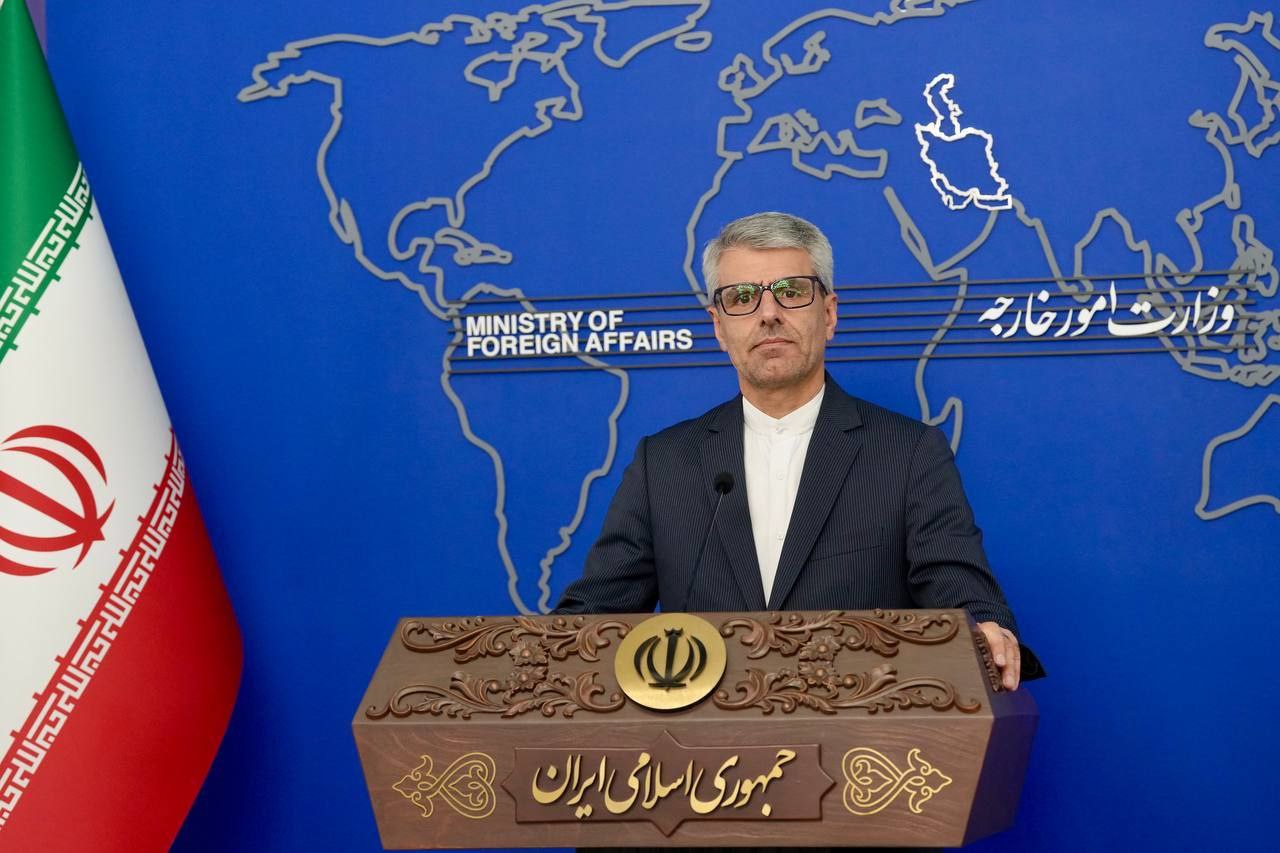BAKU, Azerbaijan, January 20. There is no reason for Iran to remain in certain agreements if the snapback mechanism related to the Joint Comprehensive Plan of Action (JCPOA) is triggered, the country’s Foreign Ministry spokesman Esmail Baghaei told reporters, Trend reports.
Speaking at a press conference in Tehran on January 20, Baghaei explained that if the snapback mechanism is activated, as part of discussions among Iran and three European countries, there will be no justification for Iran to remain in the Treaty on the Non-Proliferation of Nuclear Weapons (NPT).
He added that Iran’s previous threats regarding leaving the NPT are not new, as Iran has long made it clear that, should the snapback mechanism be triggered and maximum pressure be exerted against Iran, the country’s response would be appropriate.
"Iran has repeatedly stated that it will never negotiate with any party about military capabilities, and it will not do so in the future," Baghaei said.
The first round of the dialogue between the deputy foreign ministers of Iran and 3 European countries (the UK, France, and Germany) was held in Geneva on November 29, 2024. The next round of this dialogue will continue on January 13-14 in Geneva.
To note, on January 16, 2016, the JCPOA came into force between Iran and the P5+1 group (US, Russia, China, the UK, France, and Germany) regarding Iran’s nuclear program. However, on May 8, 2018, the US withdrew from the Joint Comprehensive Plan of Action (JCPOA) between Iran and the 5+1 group (Russia, China, the UK, France, the US, and Germany) and imposed new sanctions on Iran starting from November 2018.
By the end of 2020, the Iranian parliament decided to pursue a strategic plan in the nuclear sector to counter the sanctions, leading to a suspension of additional steps and the Additional Protocol as per the nuclear agreement.
Consequently, the International Atomic Energy Agency (IAEA) faced a reduction in monitoring capabilities by 20–30 percent.
Iran has officially affirmed that its strategy is not to pursue the development of an atomic bomb and that it does not support the production of weapons of mass destruction.







